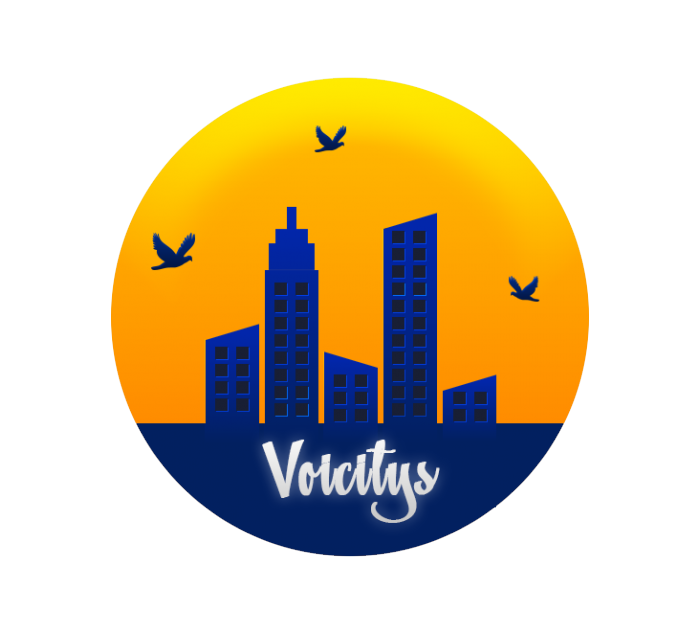[vc_row 0=””][vc_column][vc_column_text 0=””]
VOICITYS aims to improve social integration through reinforcing social dialogue and communication in European urban neighbourhoods characterised by ethnical and cultural diversity. More particularly, we intend to improve and make sustainable the communication and interaction between different social groups, and to deepen dialogue between policy makers, stakeholders and citizens in order to promote more efficient management of diversity. Comparing the positive and negative experiences of local citizens with those of local stakeholders, leaders and decision-makers will improve common understandings of diversity at the neighbourhood level. It will also encourage new approaches to existing policies, incentives and tools regarding social integration and sustainable diversity.
Activities The project studies four diverse European neighbourhoods: Berlin, Budapest, Manchester and Sassari through three main activities: 1) collecting and curating stories of citizens through Community Reporting (80 citizen stories) 2) collecting and analysing stakeholders’ views through semi-structured interviews (45 interviews); 3) comparing the results of the two methods and elaborating a series of policy recommendations through participative workshops and consensus meetings. Type and number of persons benefiting from the project 10 trained volunteers/community reporters, 80 citizens and 50 policy stakeholders directly benefiting.
Expected results VOICITYS will collect information on local diversity from citizens and stakeholders and outline multilevel policy recommendations. In doing this our consortium intends to develop a new model of citizen participation in local and European policies related to diversity. Type and number of outputs to be produced Deliverables include 4 local and 1 EU Reports on Challenges of Diversity – local and European level (in 4 languages), 4 local and 1 EU reports on policy recommendations, and a “Voices of Diversity” book and film.
The main objective of VOICITYS is to improve social integration through dialogue and communication in culturally and ethnically diverse European neighbourhoods. This will be achieved through intensive community interaction and fieldwork as well as stakeholder interaction targeted at policy recommendations. Diversity has undergone substantial change during the last decades in Europe – a change that has deeply affected urban societies, contributing to the transformation of the use of urban space, the everyday customs and practices of citizens and their relationship to each other.
The four urban neighbourhoods participating in VOICITYS reflect four different socio-economic and political-institutional backgrounds, and are challenged by different migration patterns and ethnic compositions. According to our hypothesis, these different situations reflect different types of experiences, both good and bad, of citizens and stakeholders, and are translated in different needs of policy making. Identifying innovative solutions for governing diversity in order to improve social integration is a particularly urgent challenge in the agenda of most of European cities and European policies.
Social integration does not exist without the active involvement of local citizens. While policy oriented research concentrates on smart practices of bottom-up initiatives and social innovation (such as Divercities and ICEC projects), in the European agenda active citizenship is identified as a core condition of a European development based on social justice and integration. (c.f. Citizenship report 2017, AGENDA 2020). VOICITYS will work on a new aspect of citizen’s involvement in the formulation of local and European policies on social integration in diverse urban areas. Instead of one-way participation where innovative practices and bottom-up initiatives are channelled into mainstream policy-making, we propose to base citizen participation on dialogue and communication.
In our concept, dialogue is not limited to face-to face interaction between citizens and policy makers concentrating on issues determined by the latter. VOICITYS will develop a multi-level dialogue, among diverse social groups constituting local diversity on the one hand, and between these groups and the different stakeholders and policy makers on the other. In order to obtain authentic voices and opinions, different forms of dialogue will be used in the different situations.
Through the Community reporting method non-directed bottom-up discussions will be realized with citizens whereas through social science methods, semi-structured interviews will be led with stakeholders and policy makers.
VOICITYS will also contribute to the existing research and policy studies state of the art by formulating socio-geographical characteristics of European diversity. Local voices and stakeholders’ opinions will reveal specific local needs related to social integration and through this we will be able to identify and compare the dynamics of diversity. The choice of our four case study neighbourhoods reflect this intention: each city represent a specific geo-political situation within the European context. Conceptually, we will use a typology of diversities that emphasises their changing nature: „old-diversity” (Wessendorf, 2014), “super-diversity” (Vertovec, 2015, Mintchev-Moore, 2016) and „hyper-diversity” (DIVERCITIES, Tasan-Kok, 2014). These describe transformations of urban populations and the governance of their relationship to one another and to institutions. Our four cases of Salford, Sassari, Berlin, and Budapest offer the unique opportunity to analyse the “diversity of diversities” within the EU, and to see how people conceive the degree and kind of 3 diversity they experience in their immediate neighbourhood in four cities with different socio-economic and institutional backgrounds.
[/vc_column_text][vc_single_image image=”163″ img_size=”full” alignment=”right” style=”vc_box_rounded”][/vc_column][/vc_row][vc_row][vc_column][/vc_column][/vc_row]
